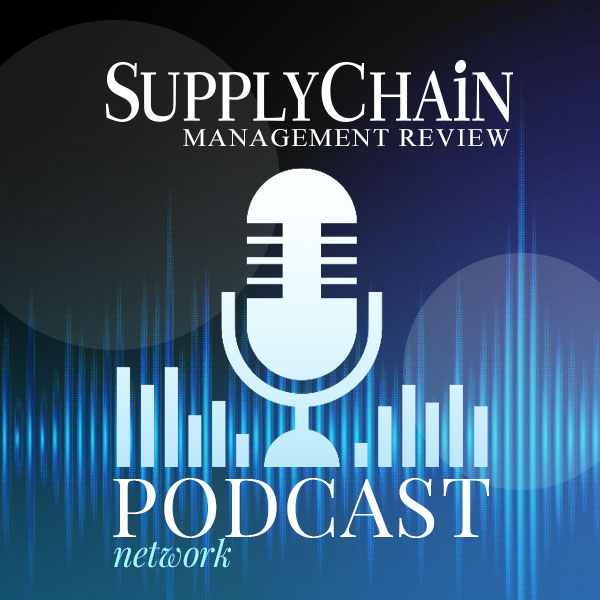Supply Chains are in danger – they haven't caught up with the last technological revolution, amidst all the hoopla and hope surrounding the next economic revolution's productivity and efficiency advantages, nobody is talking about what it means for the future role of supply chain managers.
The reality of the Fourth Industrial Revolution is that digitization, the Internet of Things, 3D printing and other technologies will lead production, sourcing and logistics to increasingly becoming commoditized. In other words, production and other upstream functions will cease to become a reliable means of achieving competitive advantage.
This isn't as far away as most supply chain managers believe – the shift has already begun. When asked about how much market research went into the iPad, Steve Jobs answered, “None. It's not the consumers' job to know what they want.” Supply chain managers need to stop responding efficiently to what the customer says, and start thinking seriously about how to anticipate customer needs.
Successful companies will completely redesign their supply chains to incorporate sustainable inputs and reverse supply chain practices – meaning that they will be more in touch with customers than ever throughout the entire life of the product. Being in touch means becoming responsive to actual customer behavior by means of pervasive real-time agility based upon the adoption of data sciences, robots and drones, 3D printing, and information sharing. Entire supply chains must focus on responsiveness to customer behavior in an interactive fashion. Surveys and other forms of feedback are tools too slow, narrow-minded, and inaccurate, and market leaders like Apple already show that winners will interact with consumers to invent what performance means in their category, shaping and co-creating the value proposition by interacting closely with key players.
Technology has a history of intensifying competition. The demise of many traditional retailers and the conversion of some shopping malls to e-commerce distribution centers indicates that entire supply chain eco-systems are dying. Responsive supply chains means more than adopting new technologies – it also means re-designing supply chain relationships from global sprawl to local fast relationships that minimize cycle times from furthest supplier to end consumer.
SC
MR


Latest Supply Chain News
- How S&OP provides the answer to in-demand products
- AI, virtual reality is bringing experiential learning into the modern age
- Humanoid robots’ place in an intralogistics smart robot strategy
- Tips for CIOs to overcome technology talent acquisition troubles
- There is still work to do to achieve supply chain stability
- More News
Latest Podcast

 Explore
Explore
The Academy News
- AI, virtual reality is bringing experiential learning into the modern age
- Predicting stockouts: Enhancing FMCG resilience through data-driven insights
- Finding the Right Approach for Supply Chain Education
- The Supply Chain Triad
- Innovating Supply Chain Higher Education with Generative AI
- How Smart Supply Chain Management Boosts Brand Identity
- More The Academy
Latest Academy Resources

Subscribe

Supply Chain Management Review delivers the best industry content.

Editors’ Picks





